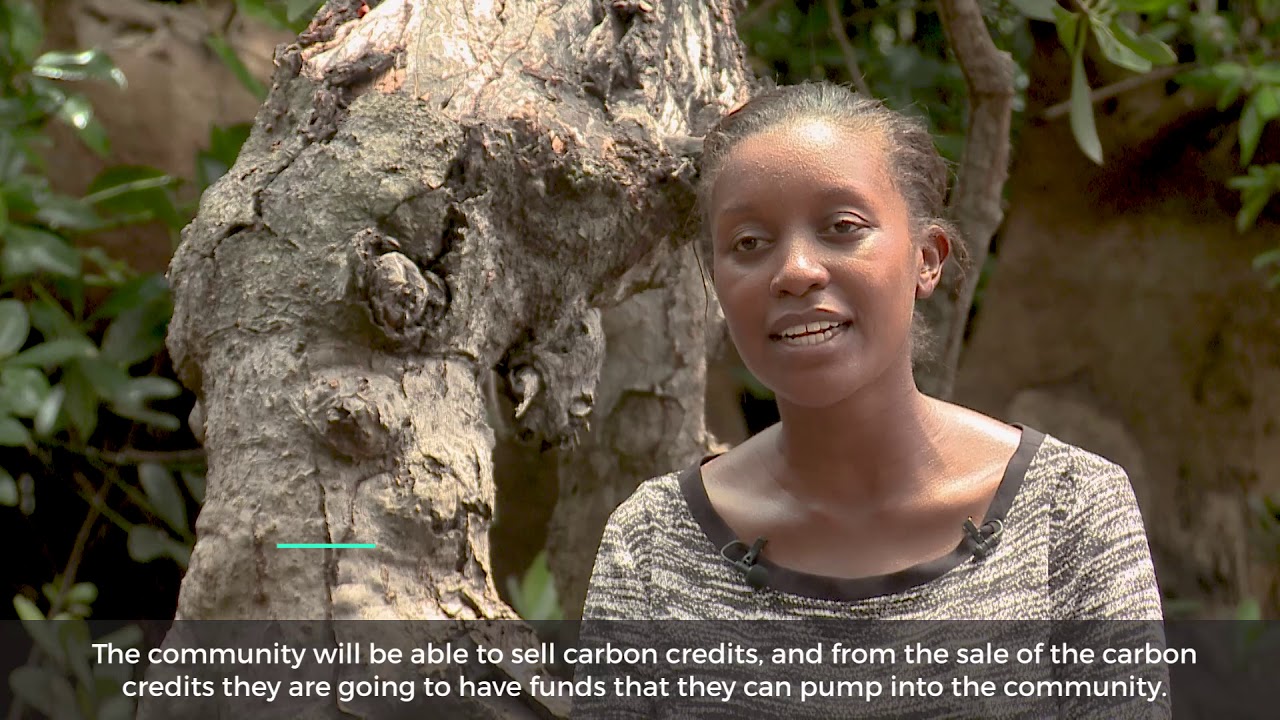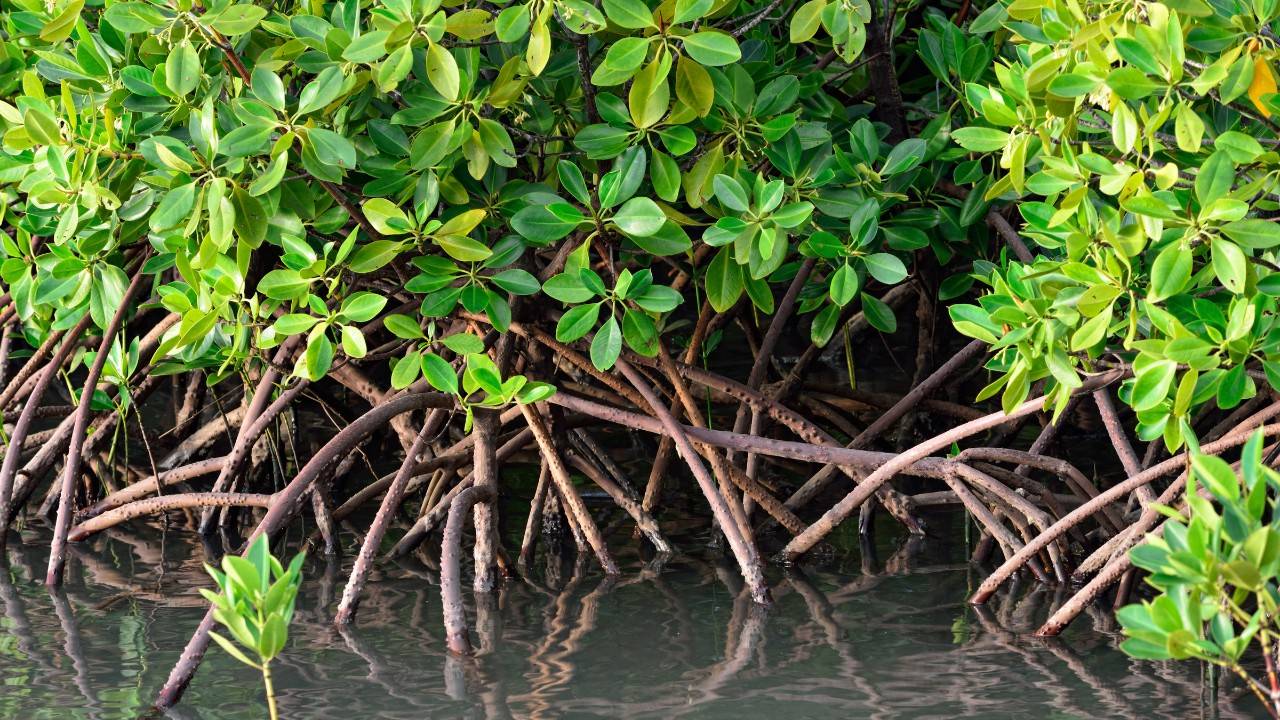Gazi Bay in Kenya is a coastal area with some of the country’s most spectacular mangrove forests.
The country has overcome previous overharvesting, which destroyed vast areas, and locals are now fully aware of the importance these forests play.
All local villages depend on the mangroves for fishing, and the delicate ecosystem has shown that there is a very delicate balance between the mangroves, seagrasses, marine flora, and the amount of fish available.
Kenya’s Forest Service has also made efforts to ensure people are aware of how important the mangroves are to shoreline stabilization.
Effectively, they create a barrier from strong storm waves coming in from the ocean and further protect villages and agricultural land.
But what’s even more important is the amount of carbon that mangrove forests trap.
According to the UN Environment Programme, Kenya now receives carbon credits that they can trade on international carbon markets. The proceeds from this trading then allow Kenya to further invest in growing and protecting their forests.
The success so far has been great, and the project has expanded to further areas and villages to help them as well.
It’s like a large positive feedback loop where the more they grow and protect the ecosystems, the more carbon credits they receive and the more the local fishing industry can grow.
You don’t get better proof of how these encouragements can create real and lasting benefits for people and their environment.
Watch the full video from the UN Environment Programme below.



